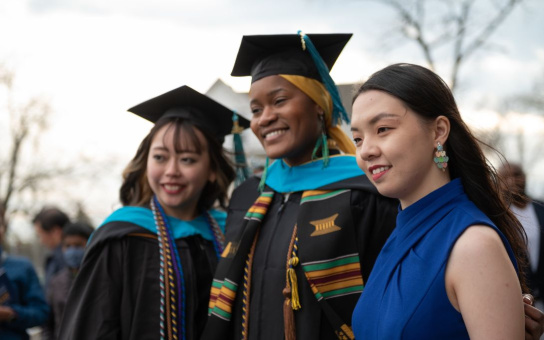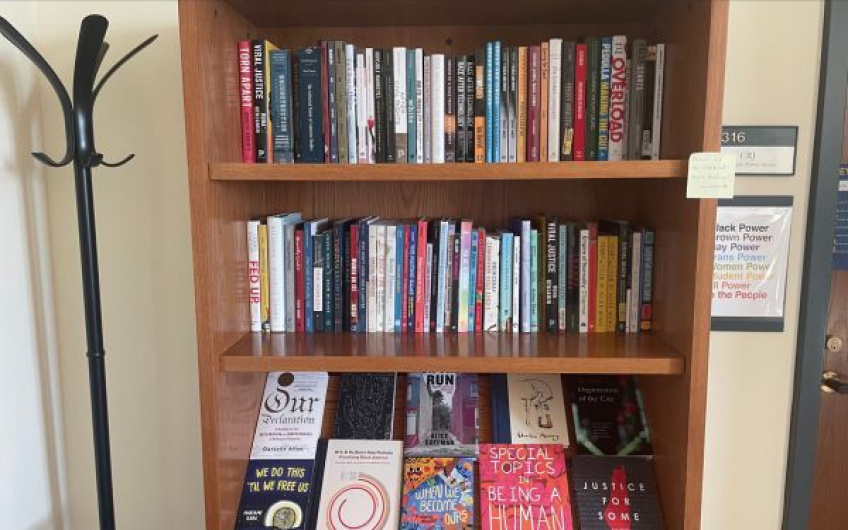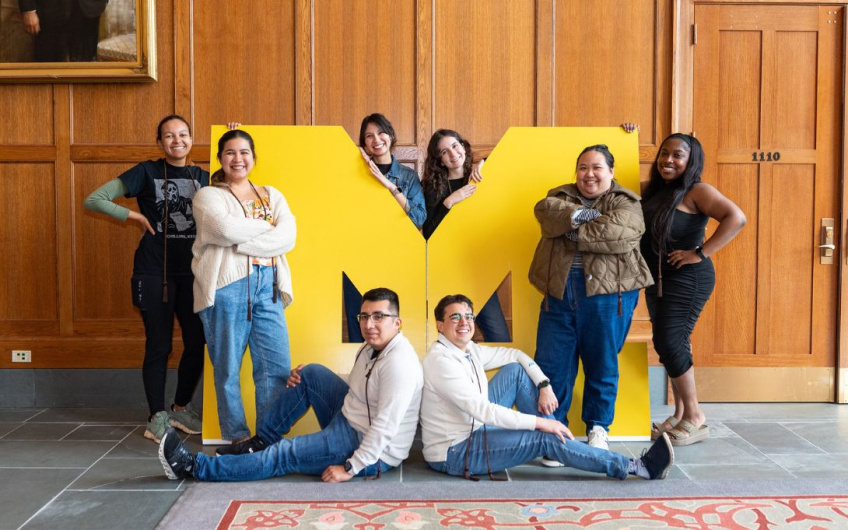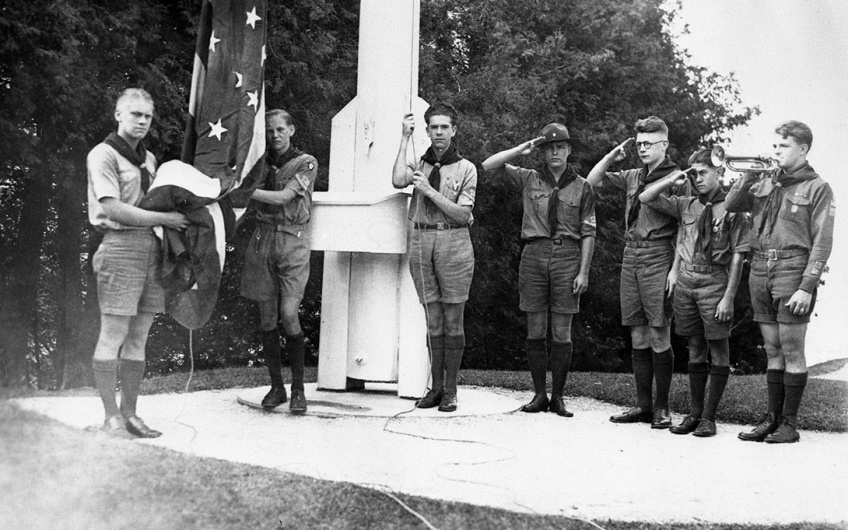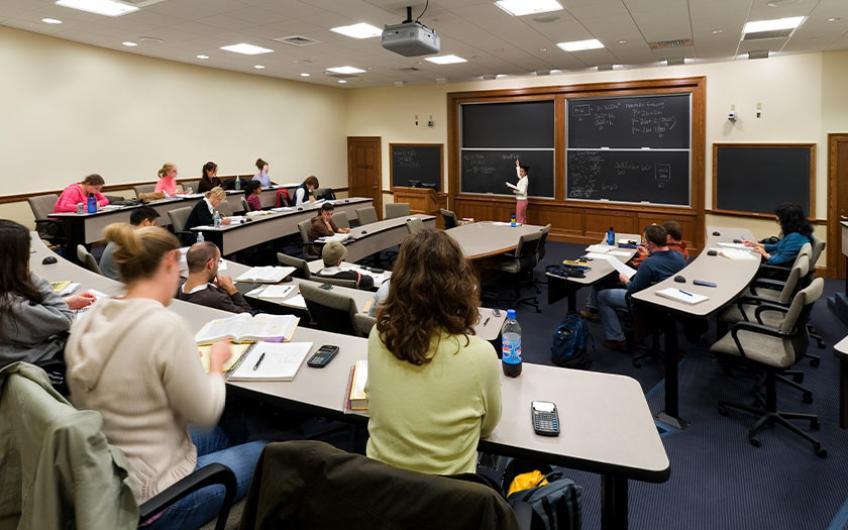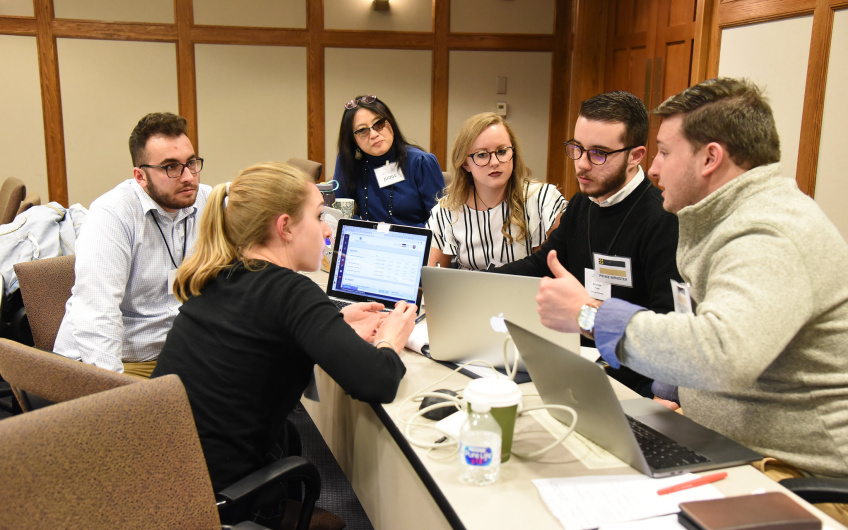What are we working on now?
From elevating student voice through CommuniTea to supporting veterans through Service to Service, the Ford School is dedicated to advancing inclusive policy education and opportunity. New courses tackle systemic challenges, and our Navigating Unsettling Times series supports student well-being—and more.
